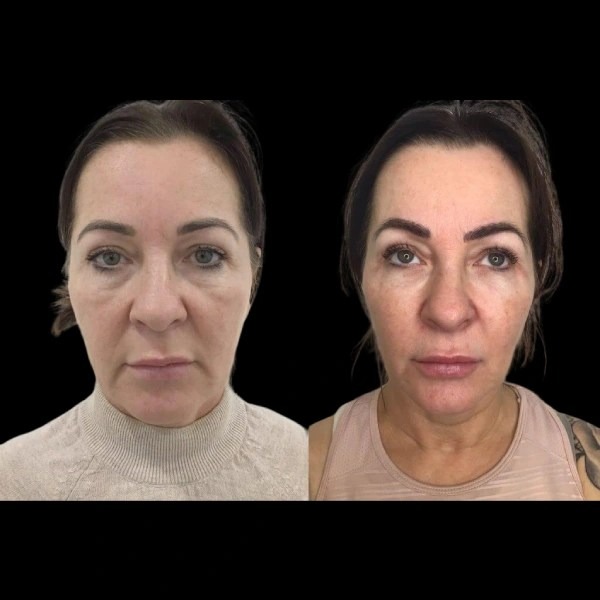Allergy Shots vs. Medications: Which Is Right for You?
If you suffer from sneezing, itchy eyes, runny nose, or even allergy-induced asthma, you’ve probably tried over-the-counter or prescription medications to manage symptoms. While these treatments may help temporarily, they don’t always provide lasting relief. That’s why many people consider allergy shots as an alternative.
So, how do allergy shots compare with allergy medications? Let’s break down the differences to help you decide which option is right for you.
How Allergy Medications Work
Allergy medications—including antihistamines, decongestants, and nasal corticosteroid sprays—are designed to control symptoms. They reduce sneezing, runny nose, congestion, and eye irritation, but they don’t stop your body from reacting to allergens in the first place.
Do you want to visit Char Dham? Char Dham Travel Agent is the best place to plan your Char Dham tour. You can book the tour from here.
Pros of Medications
- Immediate symptom relief.
- Convenient and easy to take.
- Available over the counter or by prescription.
- Good for occasional allergy sufferers.
Cons of Medications
- Only work as long as you take them.
- May cause side effects (drowsiness, dry mouth, rebound congestion).
- Don’t address the root cause of allergies.
- Can become expensive over time.
How Allergy Shots Work
Allergy shots, or allergen immunotherapy, are a long-term treatment that retrains your immune system. Instead of temporarily reducing symptoms, shots reduce your body’s sensitivity to allergens, such as pollen, dust mites, mold, and pet dander.
Pros of Allergy Shots
- Provides long-term relief, even after treatment ends.
- Reduces reliance on daily medications.
- Targets the root cause of allergies.
- May prevent new allergies and reduce risk of asthma development.
- Customized to your specific allergens.
Cons of Allergy Shots
- Requires frequent visits during the first year.
- Results take time (months to years).
- Risk of mild side effects (redness, swelling, itching).
- Rare risk of severe reaction (anaphylaxis).
- Requires commitment to a multi-year treatment plan.
Which Option Is Better?
Choose Medications If:
- Your allergies are mild or seasonal.
- You only need relief during certain times of year.
- You want quick, on-demand symptom control.
Choose Allergy Shots If:
- Your allergies are moderate to severe.
- Medications don’t provide enough relief.
- You want a long-term solution.
- You’re allergic to multiple triggers or insect stings.
- You have allergic asthma linked to environmental allergens.
Can You Combine Both?
Yes. Many patients use medications alongside allergy shots—especially during the early stages of treatment when results aren’t immediate. As shots take effect, reliance on medications often decreases.
Final Thoughts
The choice between medications and allergy shots depends on your allergy severity, lifestyle, and long-term goals. Medications offer quick relief but are short-term fixes. Allergy shots, on the other hand, require patience and commitment but provide lasting results. If allergies significantly affect your daily life, shots may be the best investment in your long-term health.
Would you like to visit Indiar? A tour operator in India is the best place to plan your tour. You can book a tour from here.
Frequently Asked Questions (FAQs)
Q1. Are allergy shots more effective than medications?
Yes, because they target the root cause of allergies rather than just symptoms.
Q2. How long do allergy shots take to work compared to medications?
Medications work instantly, while shots take months to show noticeable improvement.
Q3. Can I stop taking medications once I start allergy shots?
Eventually, yes—many patients reduce or eliminate medication use after successful immunotherapy.
Would you like to visit Haridwar? Travel agents in Haridwar are the best place to plan your trip. You can book your tour right here.
Q4. Are allergy shots safe if I’m already on medication?
Yes, shots can be combined with medications under medical supervision.
Q5. Which option is more cost-effective?
Medications may seem cheaper upfront, but allergy shots can save money in the long run by reducing medication needs and doctor visits.







